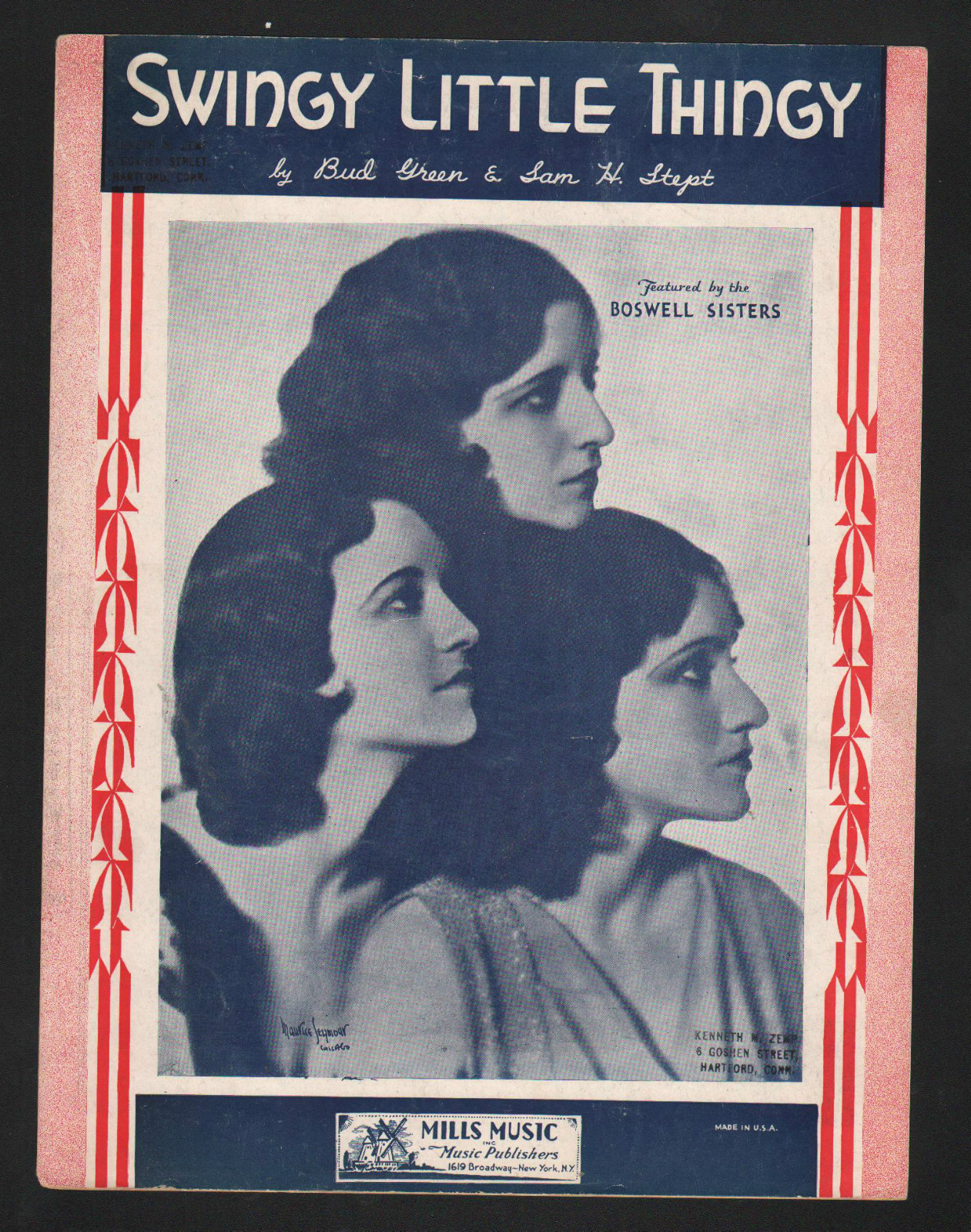Almost all of OED2’s 2.36M evidence quotations are used only once. Less than 1% are reused: 14,916 occur twice, 553 three times, 29 four, 3 five, and two six times. These most recycled [5x +] quotations are:
- a 1400–50 Alexander 4335. Nouthire to toly ne to taunde transmitte we na vebbis, To vermylion ne violett ne variant littis.
[sv. lit, n.; tawny, a.; transmit, v.; tuly, a.; vermillion, n.; violet, n.1]- 1637 Milton Lycidas 124. Their lean and flashy songs Grate on their scrannel Pipes of wretched straw.
[sv. grate, v.1; lean, a.; pipe, n.1;, scrannel, a.; straw, n.1; wretched, a.]- 1766 – Hermit viii. Man wants but little here below, Nor wants that little long.
[sv. below, adv.; here, adv.; little, a.; long, adv.; want, v.]- 1511–12 Act 3 Hen. VIII c. 6. §1. The Walker and Fuller shall truely walke fulle thikke and werke every webbe of wollen yerne.
[sv. full, v.3; thick, v.; walk, v.2; walker, n.2; work, v.]- 1667 Milton Paradise Lost i. 708. As in an Organ from one blast of wind To many a row of Pipes the sound-board breaths.
[sv. blast, n.1; organ, n.1; pipe, n.1; sound-board; wind, n.1]
Well done, Milton. Over the entire OED2, 837 of Milton’s 11,882 quotations are used more than once, including the two above (but not accounting for errors or other small differences) and the one I stumbled across here. That’s 7% (Shakespeare, by comparison, has a repeat rate of 4%, and only four quotes used more than 3 times). Apparently this is another way in which Milton was more useful to the compilers of the OED than has previously been documented. I’m planning to post further on this in the coming months.
I got onto this when looking up “soft, gentle and low,” from Lear, which crops up in OED2 as “Her voice was ever soft, Gentle and low, an excellent thing in woman” sv. soft, gentle and low, which I thought was a bit of cheat (or a threefer, anyway).
So looking up the most efficient quotes, I find that “forewarned, forearmed” is a complete quote under both forewarn, v. and forearm, v.. That would be 100% efficient, if the same two words here didn’t come from two different sources – Greene’s proverbs and Bunyan’s Heart’s Ease!
“Candied orange peel” shows up s.v. candied, ppl. a.., orange-peel, and peel, n.3, which is pretty good. “Howselling towell”, “Fool hastifness”, and “Longe taryer” all are repeated for each of their constituent words. Dunbar’s “Stuffettis, strekouris, and stafische strummellis” is only five words long but appears under four lemmas (guess which). Along the same alliteratively listy lines, “Discountenancings, disturbings, dispossessings of them” pops up three times.
But my favourite is only 66% efficient: “swingy little thingy,” which is quoted for both swingy, a., and thingy, n.. Can’t we make room for it to reappear sv. little?

No Comments